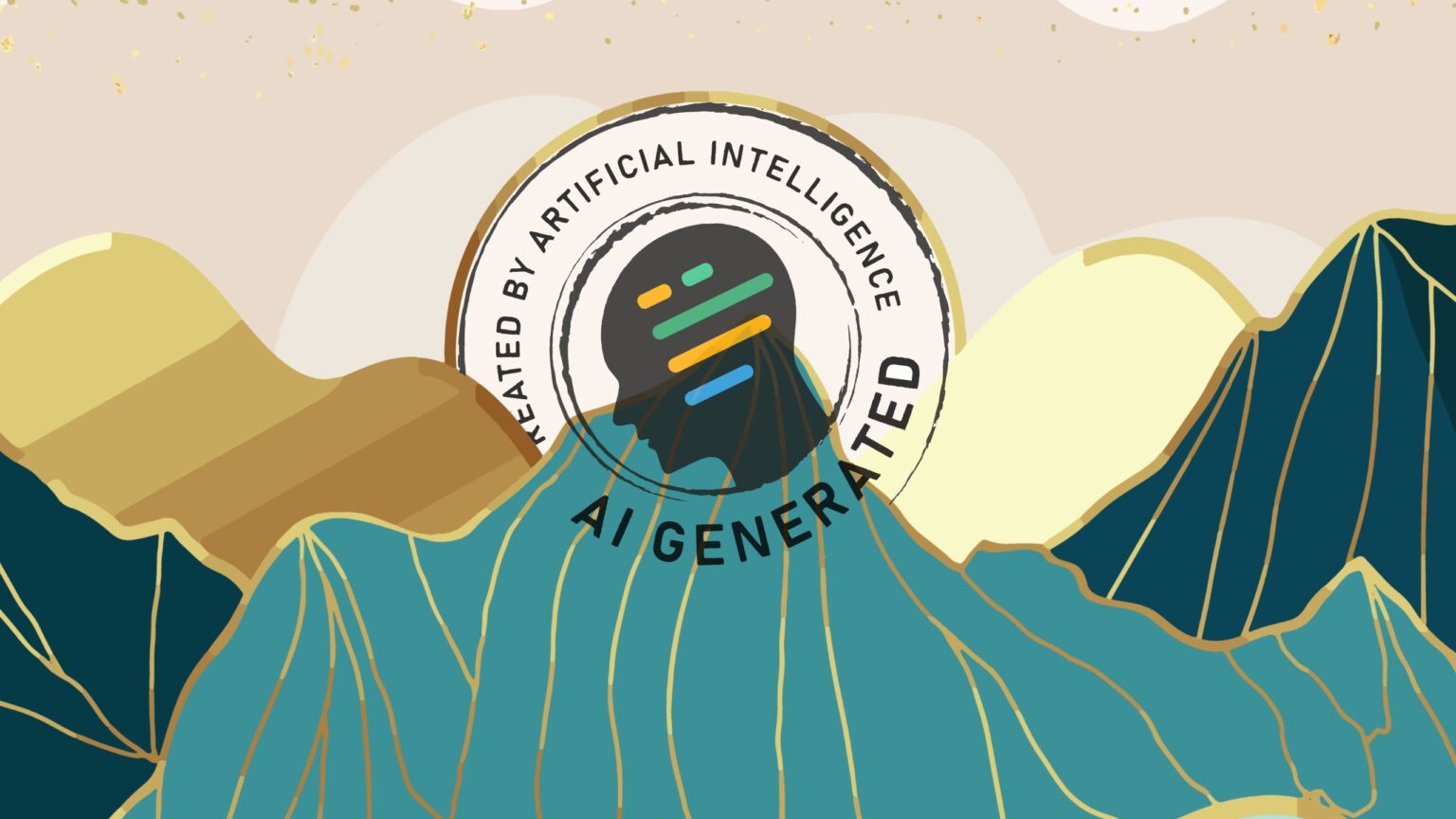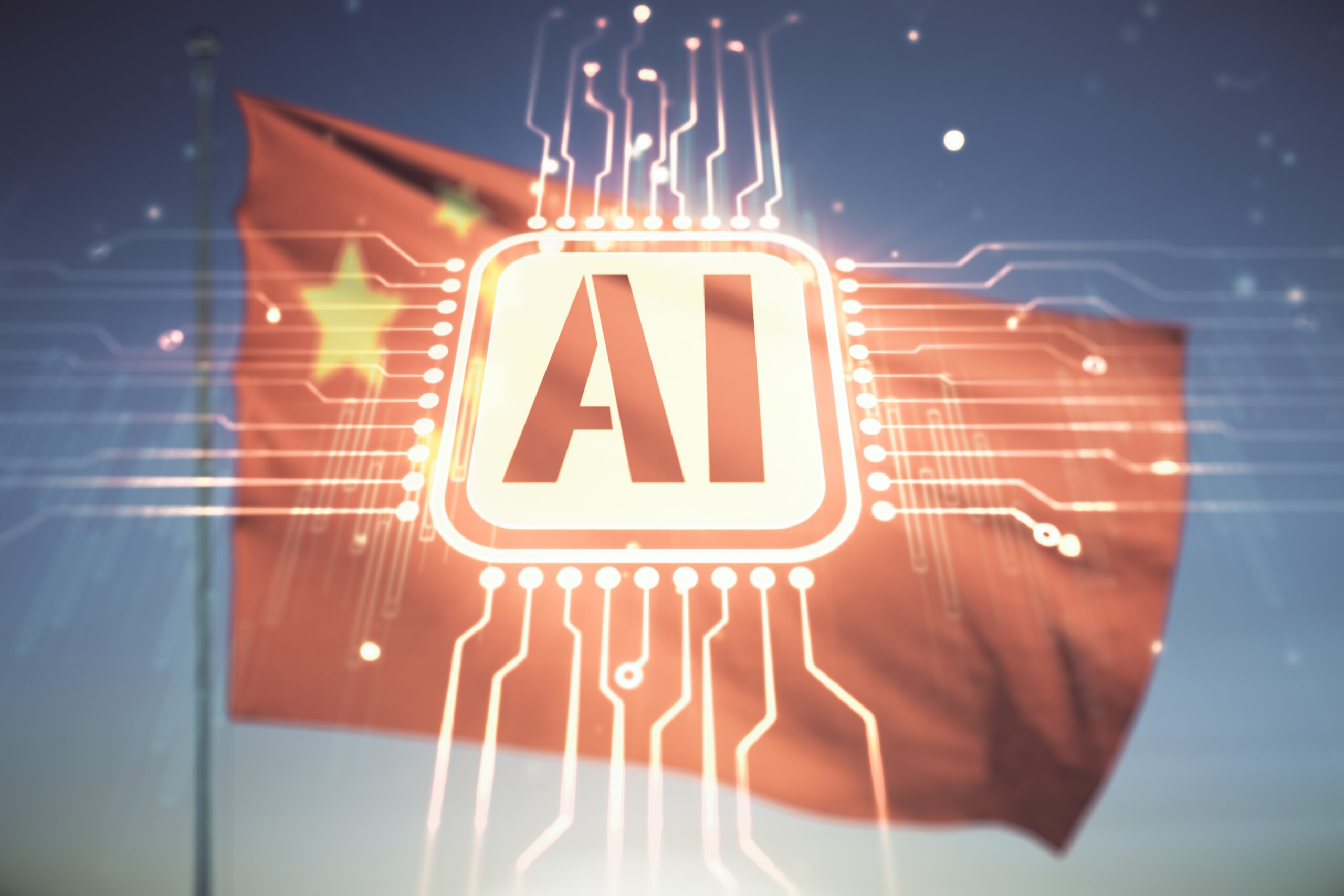Artists in China are boycotting one of the largest social media platforms in the country, following a controversy over AI-generated artworks.
The dispute began in August when an illustrator by the name of Snow Fish accused the social media platform of using her work to train their AI.
Artists’ rights
The Xiaohongshu social media platform is facing the ire of Chinese artists, with some even boycotting the platform. This comes after one artist accused them of using her work to train TrikAI, an AI specializing in AI-generated artworks in the style of traditional Chinese paintings.
TrikAI is not yet officially launched, but it is already causing quite a stir.
According to Snow Fish, she first became aware of the problem when friends sent her images of TrikAI’s AI-generated images. The work bore a striking resemblance to her own pieces. Even a cursory glance suggests TrikAI’s works are highly similar to Snow Fish’s originals in terms of color, style, and composition.
Snow Fish immediately spoke out against Xiaohongshu, making the issue public.
“Can you explain to me, Trik AI, why your AI-generated images are so similar to my original works?” she said.
The post quickly went viral on the platform, with unfavorable press to follow, including the mainstream media outlet CNN.
No comment
TrikAI and Xiaohongshu remain tight-lipped over the whole affair, choosing to ignore rather than deal with the issue. The platform, which claims to have 260 million monthly active users, has made no public statement on the matter.
Snow Fish has also received the cold shoulder from the wider company, although one administrator of the TrikAI account broke ranks and sent her a private apology. For Snow Fish, however, this does not go far enough. The artist wants a full public apology and for TrikAI to cease using original artworks such as hers for training.
Chinese artists unite
Snow Fish’s experience has led other artists to protest. Hundreds of artists have posted the same banner saying no to AI images, while a related hashtag on Weibo has 35 million views.
Many AI models are trained on original human artwork, often from images on the internet. These images are used by the AI without permission or compensation.
Snow Fish noted that these concerns had been gradually gaining traction within the artist community.
“It’s an outbreak this time,” she told CNN. “If it easily goes away without any splash, people will maintain silence, and those AI developers will keep harming our rights.”
Another artist simply dubbed the platform “shameless.”
Though Xiaohongshu may wish to swiftly forget this incident as swiftly as possible, the storm shows no sign of abating in the near future.
A thorny issue
The emergence of generative AI offers a multitude of examples of similar boycotts and controversies. MidJourney is among those accused of violating copyright rules, while Stable Diffusion is facing a copyright lawsuit from Getty Images.
As of yet, there is no global consensus on how to regulate these AI systems. Until those rules emerge, this battle between artists and AIs will continue.










 and then
and then